The Latest Racial Fraud
Jared Taylor, American Renaissance, March 4, 2022
Another way to wreck standards.
This video is available on BitChute, Brighteon, Rumble, Gab TV, 3Speak, UGETube, and Odysee.
You may have missed it, but on the last day of Black History Month, tragedy struck: As the website “Black Voices” reported, “Republicans Block Bill Banning Racist Hair Discrimination.”
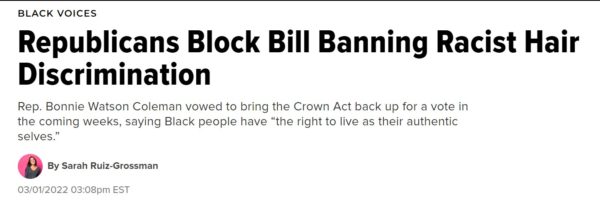
It’s true. Republicans defeated what’s known as the Crown Act, which would have banned schools and employers from discriminating against black hair.
Crown is an acronym for Creating a Respectful and Open World for Natural Hair, and black women in Congress were furious that the act failed. Bonnie Watson-Coleman said, “Our natural hair is as innate a quality of black people as the presence of melanin in our skin,” though she seems low on melanin.
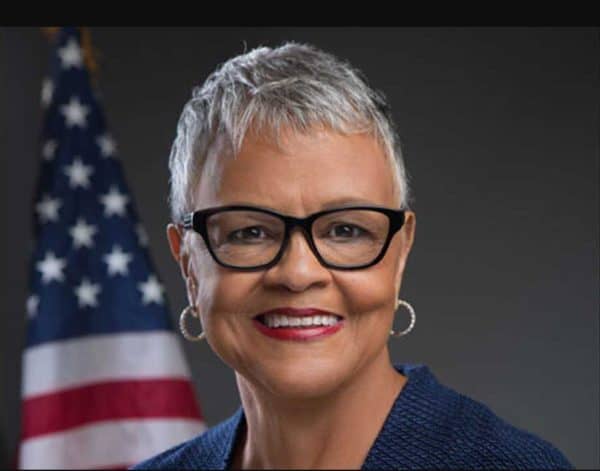
A high-powered group including Ilhan Omar and Ayanna Pressley promised to bring the law back, insisting that “black people have the right to live as their authentic selves,” – even though these two don’t seem to have a personal stake in the fight.

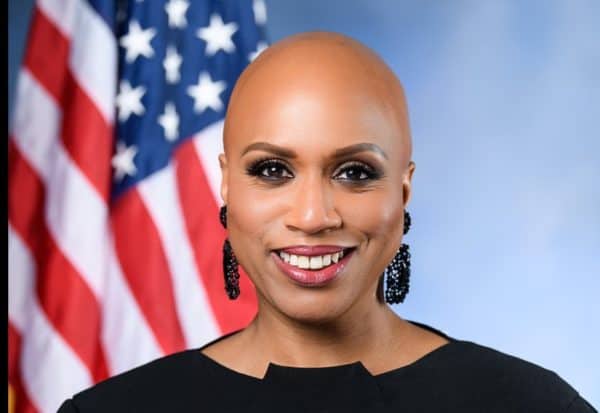
The bill will pass the House, by the way, because it lost only on a technicality.
Of course, if someone’s hair is naturally kinky, it doesn’t seem right to refuse to hire her unless she straightens it, so do we need this Crown Act?
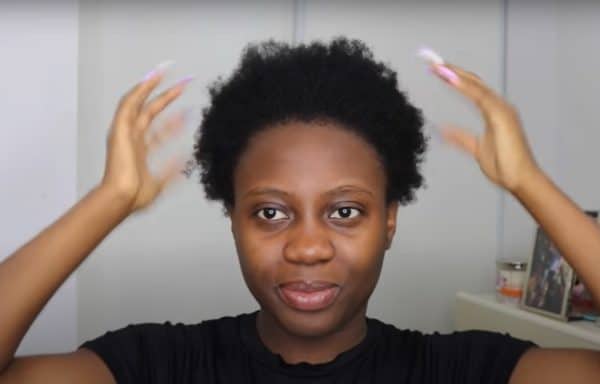
No. Ever since 1964, it has been illegal to make someone change “natural hair” in order to meet a dress code or get a job. So we already have a “respectful and open world for natural hair.”
But like everything about race these days, the whole thing is a shameless fraud. This is from the text of the bill. It denounces “racial and national origin biases and stereotypes associated with hair texture and style.

Style? I thought we were talking about hair the way it grows naturally. Silly me. It’s about “natural or protective hairstyles in which hair is tightly coiled or tightly curled, or worn in locs, cornrows, twists, braids, Bantu knots, or Afros.”

It’s not about natural hair at all; it’s about completely unnatural, even freakish hair.
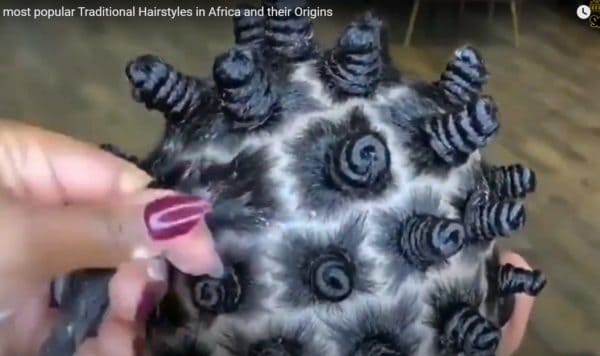
This is just as perverse and fraudulent as calling blatant, anti-white race preferences “equal employment opportunity.” Typical racial deceit and double talk.
I’d never heard of “protective hairstyles,” but apparently weird black hairdos are supposed to protect black hair – from what? Racist white people? Here’s what you find when you go looking for protective hair styles.
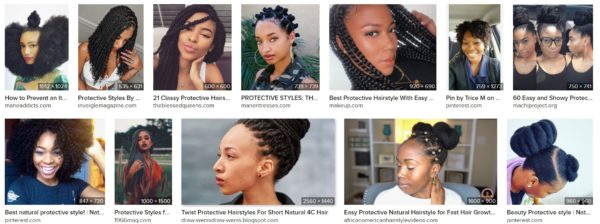
There are endless pages of this stuff. It seems to be anything black people want it to be. And every single person in these photos is black. Looks like no one else’s hair needs to be protected. And a lot of this black hair is almost all false; weaves, extensions, braids and sometimes beads, shells, ribbons. [[7:04 – 7:11]] In any case, far from being natural hair, it can take hours to make hair look this unnatural.
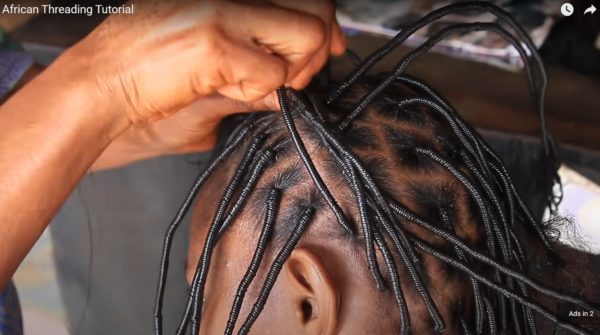
Essentially, when this law passes, it will mean black people can wear their hair in any outlandish way, and every employer or school will have to put up with it.
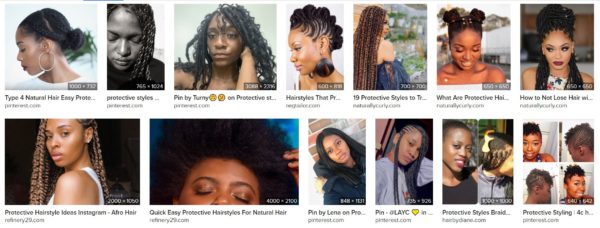
There will be no more company policies on hair and grooming like this one.
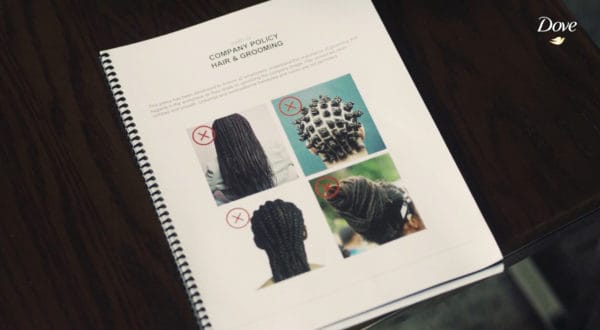
Now, Congress didn’t pass a law that explicitly says, “It’s illegal to complain no matter how black people wear their hair.”
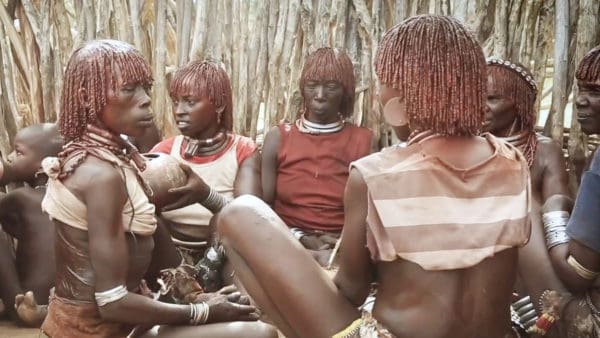
That might seem like – perhaps – discrimination? Instead, it says you can’t complain “if that hair texture or that hairstyle is commonly associated with a particular race or national origin.”

Obviously the idea is to permit any and all African hair styles.
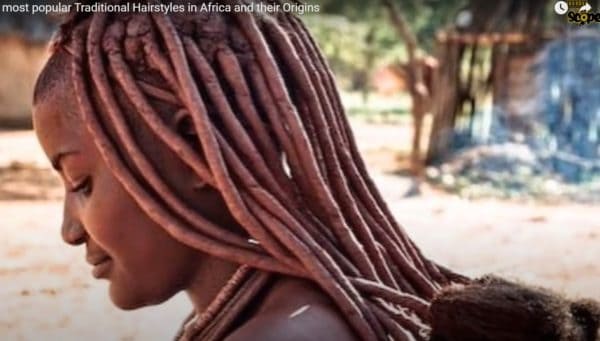
One of the common “protective” styles is called Nubian or Bantu Knots. But here is a hairstyle commonly associated with a particular race or national origin, the Mursi tribe of Ethiopia.
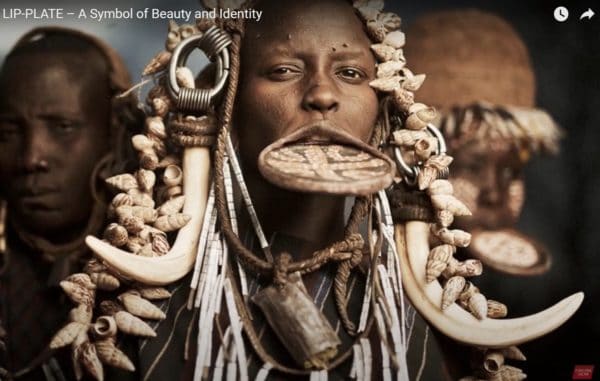
Wouldn’t this be a protected hair style?
And if you are talking about a style associated with a race or national origin, there’s no end to it.

The Miao people are one of the 56 official ethnic groups of China, and they have an eye-catching ’do.
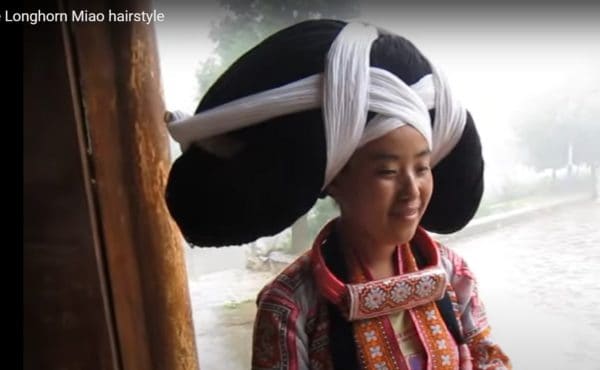
The Japanese have exotic national-origin hair styles, too.
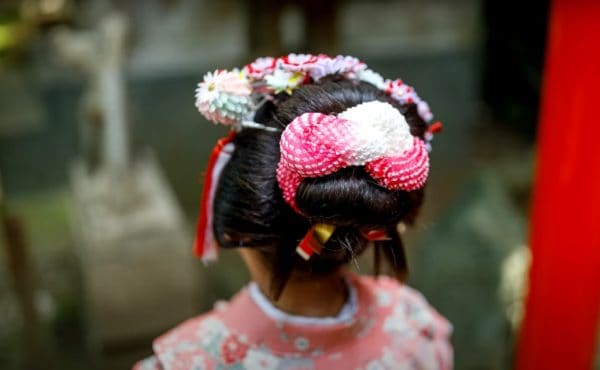
Nor is there anything in the law that says only people of that race or national origin can wear those styles.
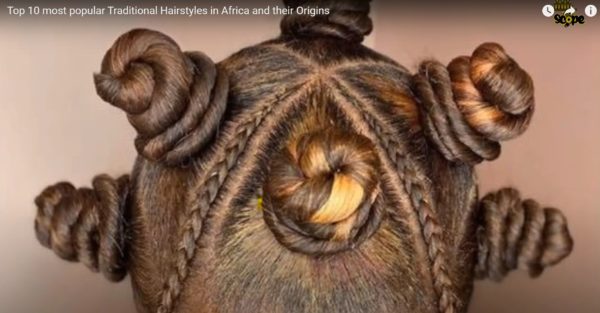
If a white woman or – heck – a white man wanted to go to class or to the office or drive a Humvee looking like this, who’s to say no?
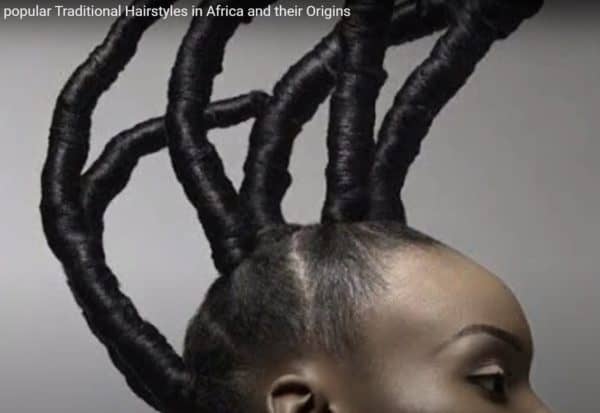
People would scream about cultural appropriation, but every time a Mexican speaks English or turns on a light bulb it’s cultural appropriation. When this law passes, it will be the end of professional standards for hair – for everyone.
A law about hairstyles might seem like a trivial matter but it’s not. It’s the pattern we see over and over. Blacks won’t follow the rules – like paying to get on the bus or refraining from public drunkenness or shoplifting – so we just drop the rules for everybody. And eventually we will end up with the rules by which Africans live.
Next week I’ll talk about another bill in Congress that is much more ominous: a blatant attempt to change the way everything works in this country – explicitly for the benefit of minorities.















